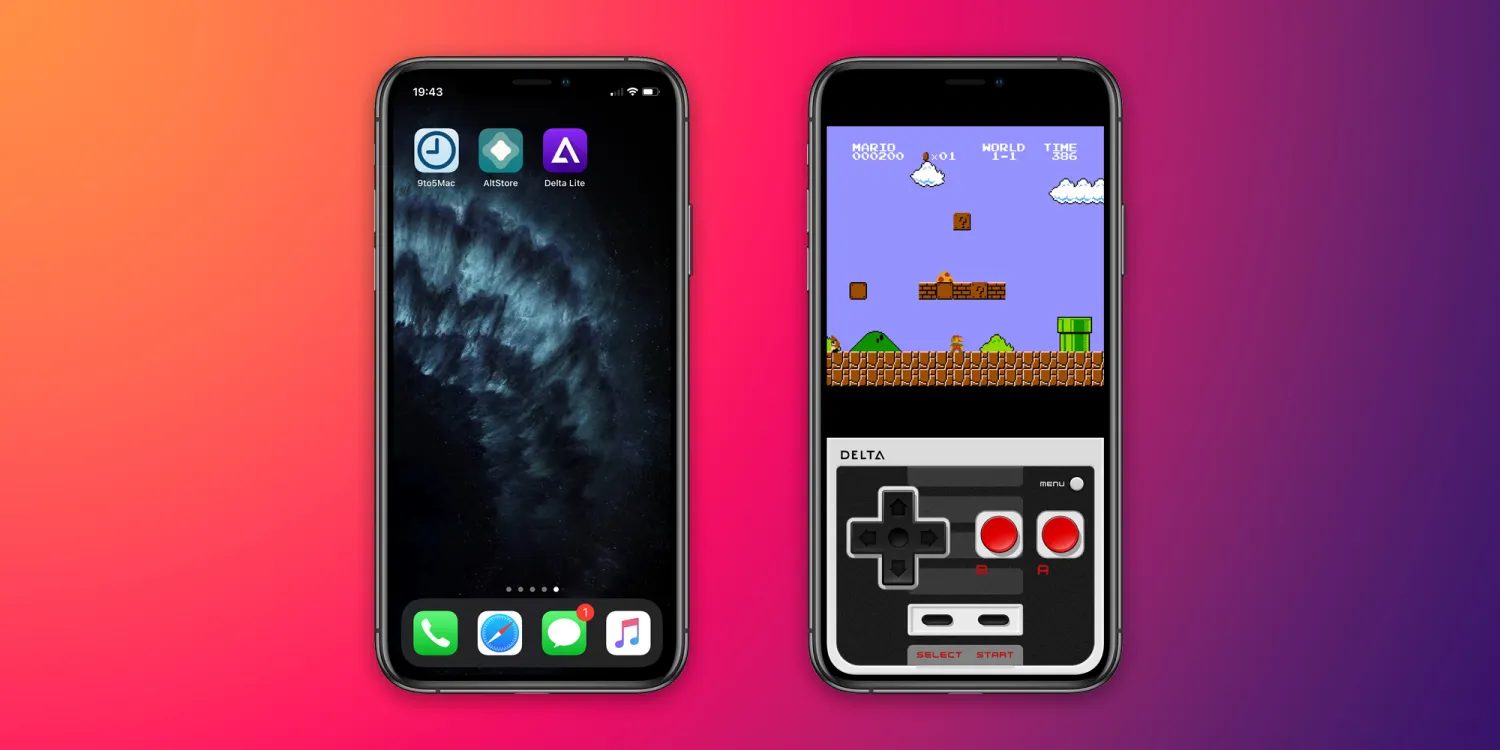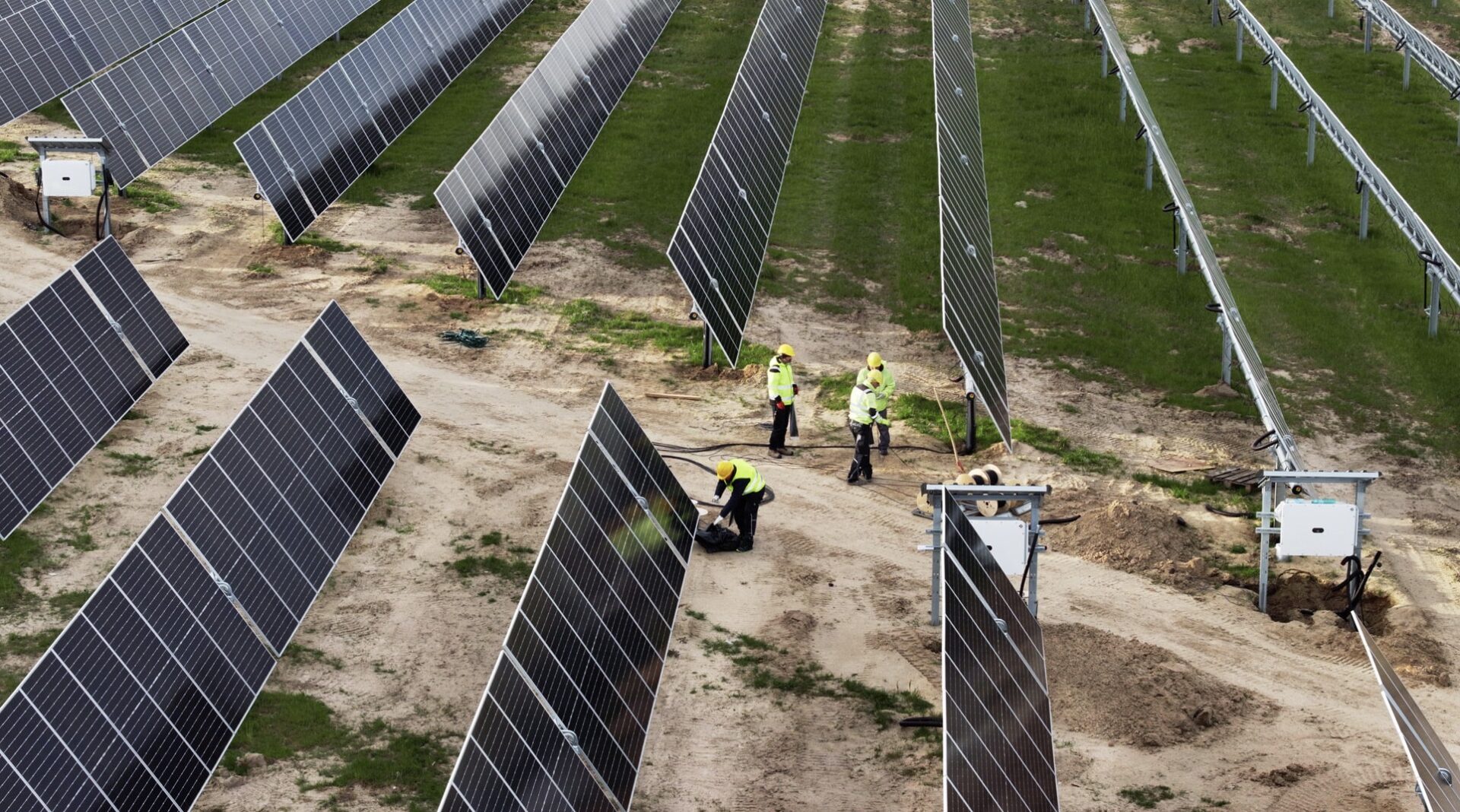
iPhone 14 Emergency SOS via Satellite Feature Saves Two Stranded Travellers in B.C.

Apple’s Emergency SOS via Satellite feature last month helped rescue two stranded travellers in British Columbia in what authorities said was the first known use of the feature in the province — reports the Prince George Citizen.
Emergency SOS via Satellite is a safety feature available on Apple’s latest iPhone 14 lineup. It lets users connect to satellites when cellular coverage isn’t available, allowing them to message emergency services and share their location to get help. Apple first launched the feature in Canada and the U.S. in November, before expanding it to parts of Europe last month.
On December 23, two women travelling back to Alberta got stuck in heavy snow in the wilderness near McBride. The main highway was closed due to an accident, and the pair decided to take a detour through the Holmes Forest Service Road. Unfortunately, the road was only partially plowed and their vehicle got stuck in the snow about 20 kilometres down the road.
“It was basically a wall of snow and when they tried to get through it, they got stuck,” explained Dwight Yochim, a senior manager with BC Search and Rescue.
The women didn’t have any cell service where they were stuck, but one of them had an iPhone 14 and used it to connect to a satellite and send an SOS. Emergency SOS via Satellite is free for two years starting at the time of activation of any compatible device, which currently includes all iPhone 14 models.
“There’s no cell service there but one of them happened to have the new Apple phone that has the SOS in it and activated the SOS and to my knowledge, that’s the first use of the SOS in British Columbia,” Yochim said.
When the women used the Emergency SOS via Satellite feature, an Apple call centre contacted Northern 911, which then made a call to emergency services in B.C. with a packet of information that included the GPS location of the emergency message. RCMP and Robson Valley Search and Rescue were then able to use this GPS location to find and rescue them.
“They found them, pulled their vehicle out and got them turned around and back on the way,” Yochim continued. “It’s the kind of thing that it potentially may have saved their life.”
According to Yochim, the search could have spanned teams from both provinces and lasted over a week had it not been for Emergency SOS via Satellite — and it would have only started once someone reported them not reaching their destination.
“This is a game changer,” Yochim said about Emergency SOS via Satellite. “This technology has the potential of really helping us save lives and reducing the amount of time it takes to do that.”

